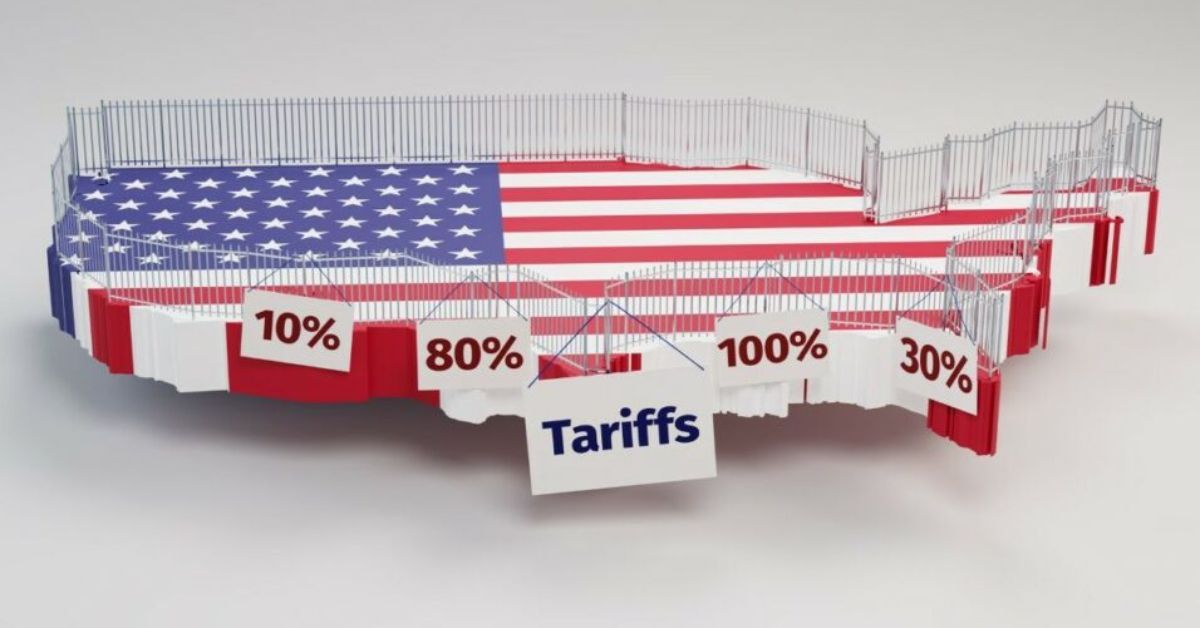Economists at the Japanese brokerage Nomura said that despite what seems to be a successful Modi-Trump meeting on Friday, New Delhi faces short-term risks from reciprocal tariffs. However, they also expressed that medium-term gains are possible once the dust settles on the trade war.
Trump has also said that under the reciprocal tariff plan, which will kick in from April 1, the US will charge Indian goods at the same rate that is being levied on its goods landing on Indian shores. They also expect negotiations on the proposed trade deal to be concluded towards the end of the year, which will involve India buying more oil & gas, renewable energy and defence equipment from the US.
The US accounts for 18 per cent of India’s total exports and is the country’s largest export destination. Top exports to the US include electrical/industrial machinery, gems & jewellery, pharmaceuticals, fuels, iron & steel, textiles and clothing, vehicles, and chemicals, among others. Unsurprisingly, these industries form the backbone of Indian manufacturing and constitute some of the largest formal sector employers, especially labour-intensive industries like gems, textiles and chemicals.
Also, while India’s trade surplus with the US moderated during Trump’s first presidency, it picked up sharply and reached a high in 2024, rising to $38 billion from $31.2 billion in 2023. It is worth noting that, in the run-up to the Modi-Trump meeting, New Delhi had already taken steps to reduce tariffs and it is considering more steps. They also expect a shift in the composition of energy imports into the country which is currently dominated by Russia.
With the US looking to become India’s top energy supplier, India could likely purchase less from Russia over time. While this may result in a reduction of India’s bilateral trade surplus with the US, this will likely be offset by an increase in the trade balance with Russia. However, they see a silver lining as the meeting reinforced the importance of the Indo-US strategic partnership in areas like defence and technology. Over the medium term, the move should benefit India, especially from the supply-chain relocation.
“We expect India to encourage cheaper imports and invite US investments in key sectors, in line with its make in India initiative. We continue to expect India to benefit from the ongoing supply-chain relocation,” they concluded.







